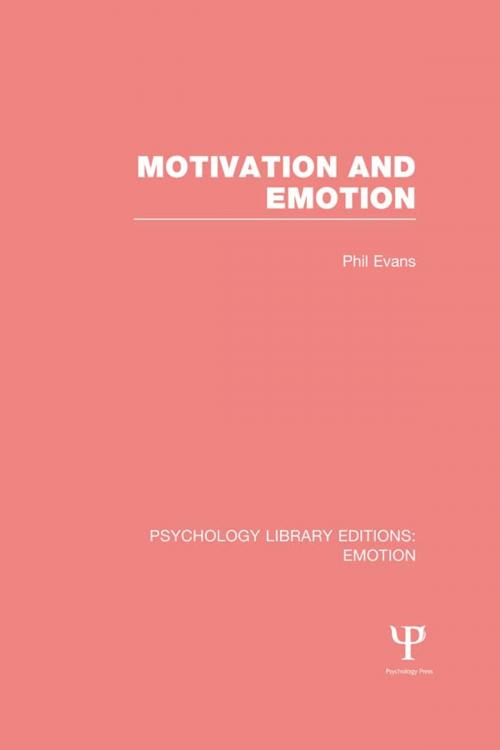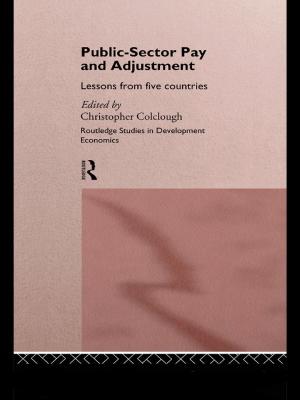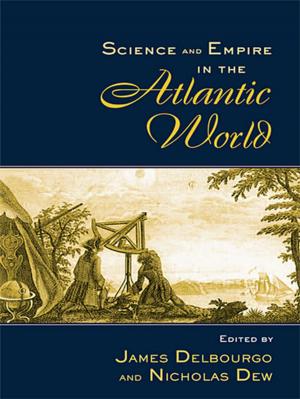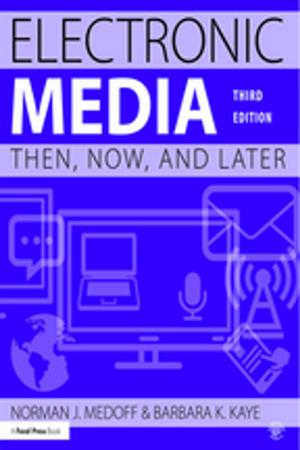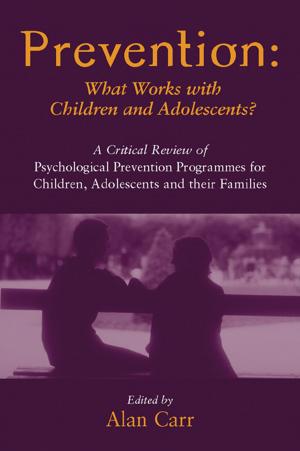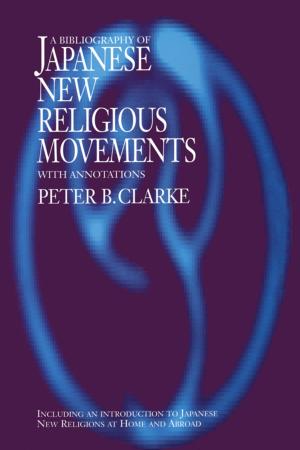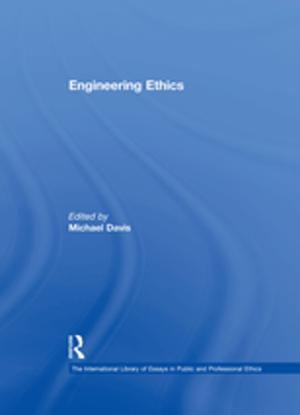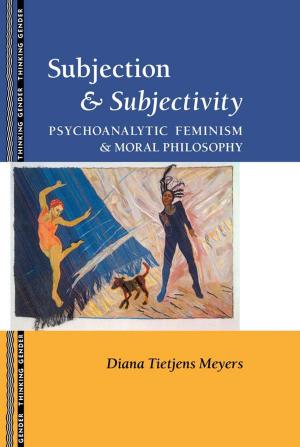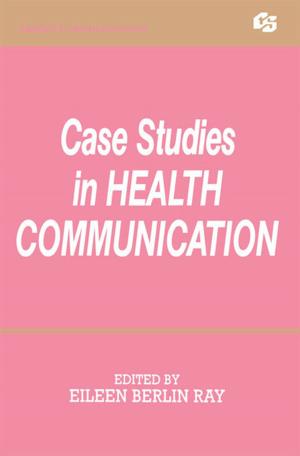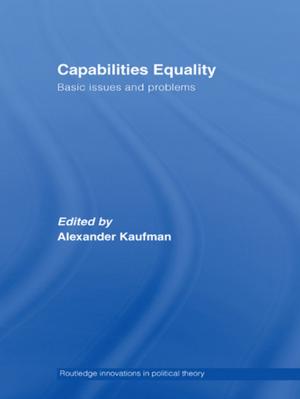Motivation and Emotion (PLE: Emotion)
Nonfiction, Health & Well Being, Psychology, Cognitive Psychology, Emotions| Author: | Phil Evans | ISBN: | 9781317616337 |
| Publisher: | Taylor and Francis | Publication: | November 20, 2014 |
| Imprint: | Psychology Press | Language: | English |
| Author: | Phil Evans |
| ISBN: | 9781317616337 |
| Publisher: | Taylor and Francis |
| Publication: | November 20, 2014 |
| Imprint: | Psychology Press |
| Language: | English |
Originally published in 1989, this title provided a wide-ranging and up-to-date review of a traditional area of psychology. It will be of great interest to all those who wish to discover what governs human behaviour and feeling – in other words, what makes people tick.
Phil Evans explores the influences that determine a range of behaviour, from those with clear biological links such as eating, sleeping and sexual activity, to those specifically human concerns such as the need to achieve success or approval. He also analyses the feelings and emotions that often guide behaviour. He gives a detailed outline of various theoretical perspectives on what it is to be a human being: whether a biological organism with biological needs, a responder to environmental signals of pleasure, or a cognitively aware agent continuously processing information regarding current circumstances. His review of both cognitive and biosocial approaches conveys the liveliness of debate and argument within psychology at the time, and demonstrates that an understanding of all views is necessary to illuminate fully the complex nature of human behaviour.
Originally published in 1989, this title provided a wide-ranging and up-to-date review of a traditional area of psychology. It will be of great interest to all those who wish to discover what governs human behaviour and feeling – in other words, what makes people tick.
Phil Evans explores the influences that determine a range of behaviour, from those with clear biological links such as eating, sleeping and sexual activity, to those specifically human concerns such as the need to achieve success or approval. He also analyses the feelings and emotions that often guide behaviour. He gives a detailed outline of various theoretical perspectives on what it is to be a human being: whether a biological organism with biological needs, a responder to environmental signals of pleasure, or a cognitively aware agent continuously processing information regarding current circumstances. His review of both cognitive and biosocial approaches conveys the liveliness of debate and argument within psychology at the time, and demonstrates that an understanding of all views is necessary to illuminate fully the complex nature of human behaviour.
